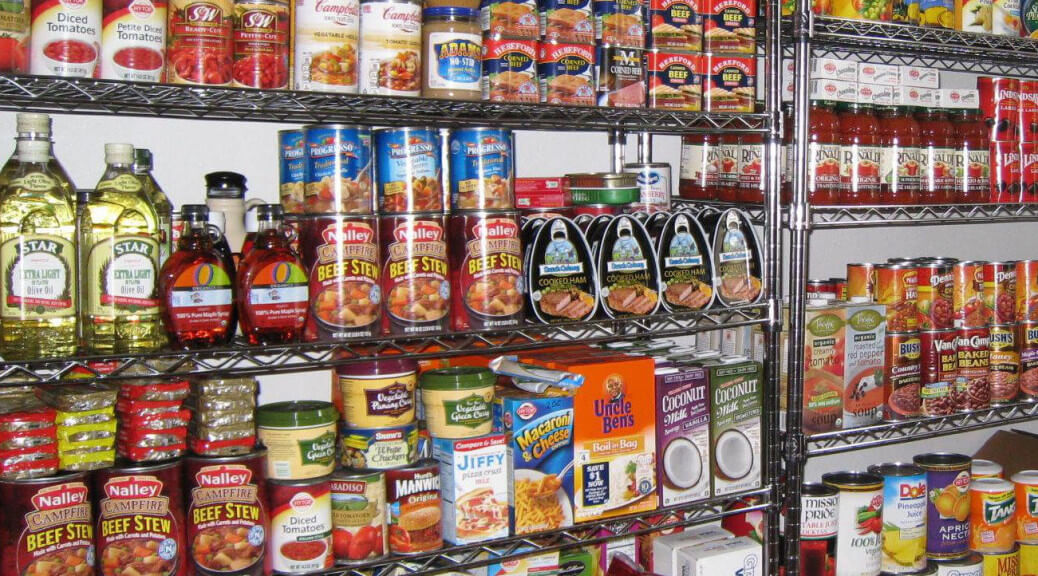Alex Tabarrok has fascinating post about Feeding America, a large non-profit that distributes food to food banks. Feeding America used an inefficient, centrally planned system to distribute foods, which led to a lot of waste.
In 2005, however, a group of Chicago academics, including economists, worked with Feeding America to redesign the system using market principles. Today Feeding America no longer sends trucks of potatoes to food banks in Idaho and a pound of chicken is no longer treated the same as a pound of french fries. Instead food banks bid on food deliveries and the market discovers the internal market-prices that clear the system. The auction system even allows negative prices so that food banks can be “paid” to pick up food that is not highly desired–this helps Feeding America keep both its donors and donees happy.
Food banks are not bidding in dollars, however, but in a new, internal currency called shares.
The funniest part is one of the directors’ reaction to the policy:
Initially, there was plenty of resistance. As one food bank director told Canice Prendergast, an economist advising Feeding America, “I am a socialist. That’s why I run a food bank. I don’t believe in markets. I’m not saying I won’t listen, but I am against this.” But the Chicago economists managed to design a market that worked even for participants who did not believe in it. Within half a year of the auction system being introduced, 97 percent of food banks won at least one load, and the amount of food allocated from Feeding America’s headquarters rose by over 35 percent, to the delight of volunteers and donors.
Most of the self-proclaimed “socialists” I meet are really more like social democrats. They point to Scandinavia as the ideal model, but Scandinavian countries are actually fairly business-friendly market economies that also have high taxes and large welfare states. They do not feature anything close to Soviet-level central planning of the economy. These sorts of “socialists” really just object to the presumed fact that free markets lead to vast inequality and environmental degradation, and they have vague positive feelings towards government and vague negative feelings towards business.
This woman, however, is a firmly old-school socialist. She genuinely opposes the market per se. These “shares” are reallocated at midnight every night, so there’s no possibility of the share economy producing runaway inequality. And nothing else has changed about these food banks besides the allocation mechanism. They’re run by the same people with the same purpose, they just aren’t depending on an ill-informed central planner to send the right food to the right places.
I find it refreshing that this person is using the word “socialist” in this way. These two definitions of socialism have all the signs of a
motte and bailey, where the supporters of a given idea use two different definitions and switch between them depending on the situation. When you’re a socialist defending socialism against critics, “socialism” really just means helping the poor and protecting the environment. But in private, when there are no critics around, you’re happy to support Soviet-style central planning.
I appreciate that this food bank director was willing to defend the motte. If I’m being uncharitable, I’d sum up her position as wanting the most socially desirable outcome by the least efficient method. Luckily, she didn’t get her way in the end.

